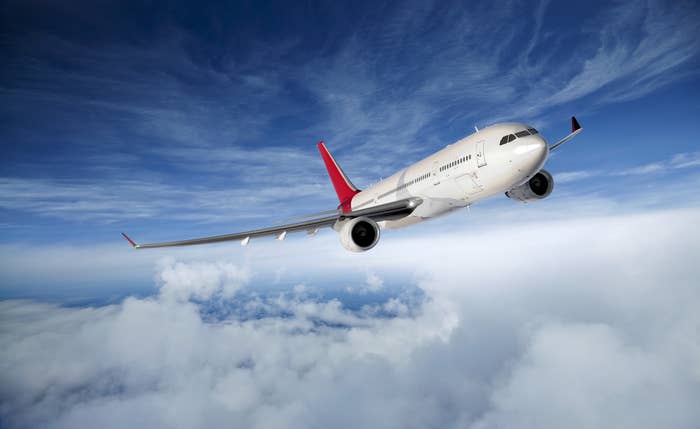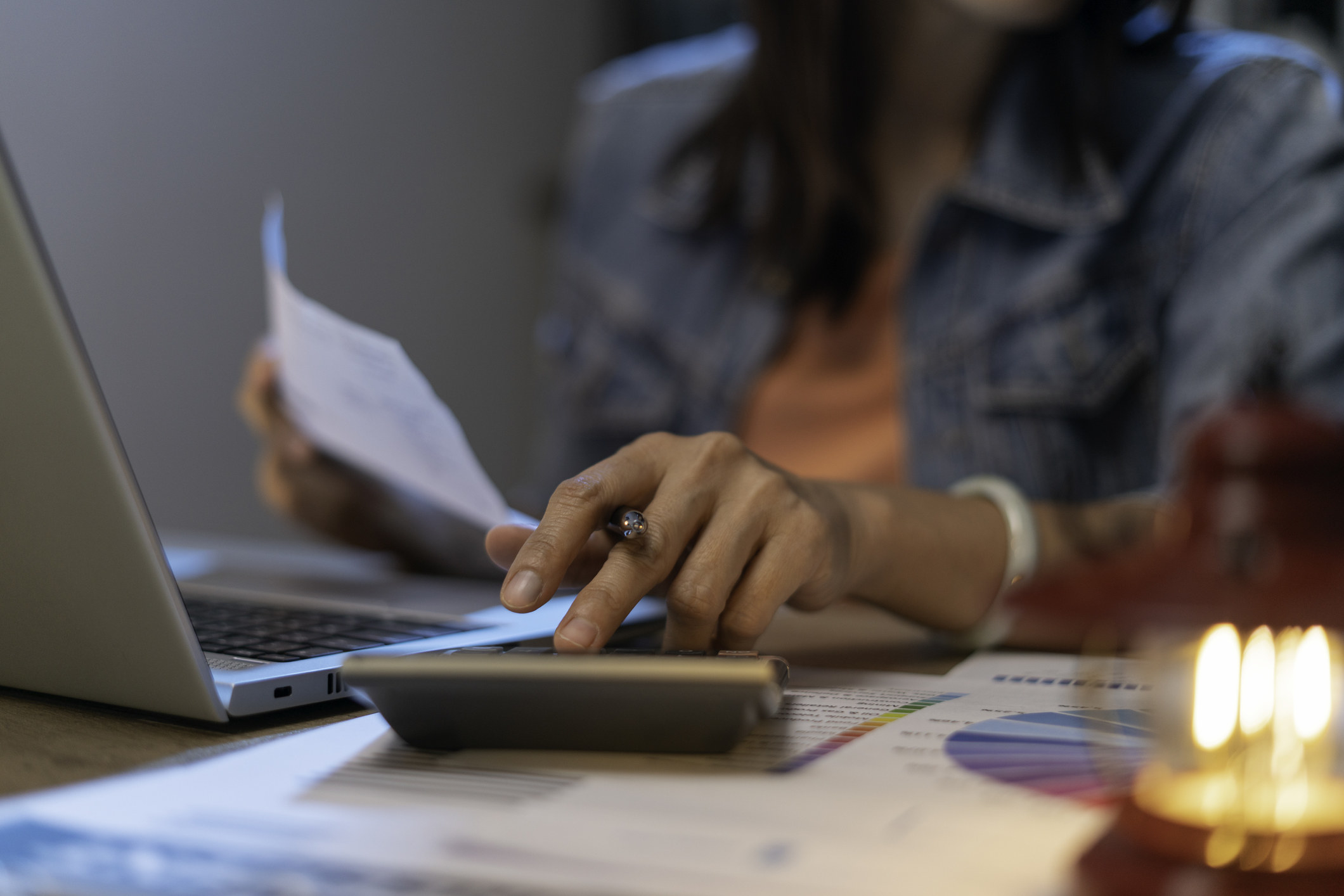It’s an exciting and daunting prospect, creating a new life in Australia. And we get it — the nerves can still be lingering around even after you’ve touched down and spent a few relaxing days kicking it at Bondi. Take it from these newbie Aussies — who've been through this exact process already and are sharing their words of wisdom on what made their set-up a breeze.

1. Get started on the job hunt — and use this local knowledge to land one ASAP.
"Get organised on the work front and put yourself in the best possible position to land a job," says David, a British expat who's been living and working in Sydney for over 10 years.
"Find out about your industry in Australia and what might be different over here; different qualifications you might need, for example; which businesses are doing well; as well as how Australians typically find, apply for and land jobs."
Start finding recruiters and connecting with people via email and through professional social networks.
"Your network is always going to be important no matter where you are, but you might be surprised at how common it is for Aussie jobs to be filled through a genuine online job ad. Make sure your CV is localised and updated with your new [Australian] contact information too."

2. Get your head around the cost of living.
"A lot of people underestimate the savings they'll need when they get to Australia," says Michelle, another UK expat, who works in marketing in Melbourne. "Your money drains fast in cities like Sydney or Melbourne, with such a high cost of living — especially on things like nights out!"
"The best advice I got was to budget really well; not just guessing, but calculating as accurately as possible what my monthly outgoings would be, taking into account the cost of groceries, travel and rent — and adding contingencies for trips and fun stuff. Know what you'll need for deposits."
3. Get your tax file number (TFN) organised as soon as possible.
"It took me about a month to get my TFN together," says David, who works in recruitment. "You'll need one when you fill out the paperwork when starting a new job, so it's better to have on hand."
"Spend time reading through the immigration website to figure out which visa's right for you, and if needed, take advantage of the free consultations offered by a few of the Migration Services companies."
"If you need to do a Skills Assessment, get going early; it has been known to take as long as the visa approval itself. Obviously, there are temp visas and other routes in, but you want to give yourself time to get the right visa."

4. Find your local pub, 'cause it’s here you’ll really be able to get a full whack of Aussie culture and find new mates who can help you get the lay of the land.
"I don't think there's a better way of preparing for your move than sitting down and having a beer with an Aussie before you go," says Dan, who migrated to Australia in 2011.
"Find an Australian within your network. It might be a friend of a friend...if it's someone who knows you, even better, so they can tailor their advice to you. They'll tell you where to go for things, plus will have contacts and friends they can put you in touch with.
"I spent my first Christmas here with a group of people I'd never met, that a friend of mine back in London had put me in touch with. I got called 'Random Dan' for two years after that, but met a great group of friends within weeks of arriving!"
5. While you're at it, get your new mates to get you up to speed on the terms and phrases you should actually add to your vocabulary...and those that are better left unspoken.
There's a reason phrases like "chuck a shrimp on the barbie" and "strewth, mate" are considered stereotypically Aussie phrases — because they really are stereotypes and rarely used day-to-day.
"There are differences [in local slang] depending on where in Australia you are, how old you are and so forth, but there's no faster way to pick up it up than by asking a trusted or just friendly local," says Dan.
6. Get your finances in order — and choose a bank that makes life simple!
Joining a bank and getting a tax file number (needed by employers for tax purposes), need to be top of your list when you touch down in Australia.
"The banking options can be a bit overwhelming, but I found Westpac to be a great choice," says Michelle. "They have accounts for new arrivals and students. Plus, they're one of Australia's biggest banks, so they have ATMs everywhere and the app is good too."

7. Find a good tax accountant early on.
"I found a tax accountant early on (something I'd never had in the UK), as the Australian tax system is more complicated and you are more individually responsible for your tax returns," explains Dan.
"In Australia, there's a lot more you can claim on your tax return depending on what industry you're in, even if you're in a full time job. A good tax accountant will help you navigate that for a relatively modest fee. It might mean getting a handy refund at the end of each financial year!"
FYI — in Australia, the financial year begins on July 1 and ends on June 30.
8. Opt for a house-share instead of renting on your own.
"House-shares make it easier to find a place you can afford, and help a lot socially, as you make friends and meet more people," says Dane, 37. "I even met my wife through my house-share; she was one of my housemates!"
"The rental market is highly competitive in Australia right now, so it's a smart idea to rent with others and split costs until you get settled in and get to know different areas better."
9. Get used to wearing sunscreen all day, everyday.

10. Get your Aussie driving licence as soon as you can — especially if you find yourself needing to drive more often than not.
On a PR visa, you can use a recognised overseas driving license for a period of around three months (it varies by state), before you'll need to switch over to an Australian licence.
"I found it was worth getting it sorted early on," says Michelle. "It was just really useful to have for ID purposes when applying for things, as it has your Australian address on it, alongside your photo. I remember being glad I'd done it sooner rather than later, as it saved a lot of faff."
11. And finally, get your other cards — think: Medicare and transport — sorted as quickly as you can too.
Getting your Medicare and public transport cards sorted will also help make settling into life in Australia more seamless.
"The Australian healthcare system is amazing," says David, "but it works quite uniquely; it's not free at the point of service for everything, like with the NHS in the UK. And it doesn't cover ambulance services and most dental services."
"You'll need a Medicare card if you want to access the public healthcare system. That can be anything from visiting a GP and not paying the full fee out of pocket, through to going to a public hospital."
Each state has its own public transport system with its own ticketing system. Generally, a public transport card — equivalent to the Oyster card in London or the Octopus card in Hong Kong — will be so much more convenient.
Things you should know: This information is general in nature and has been prepared without taking your objectives, needs and overall financial situation into account. For this reason, you should consider the appropriateness of the information to your own circumstances and, if necessary, seek appropriate professional advice.
